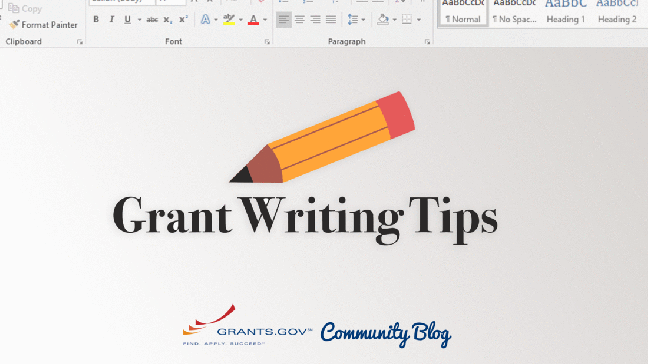Developing a proofreading strategy can greatly improve the quality of your federal grant application. Here are some tips from grant-making offices across the government that you can use for developing this strategy.

1. Enlist content proofreaders early in the process.
“Request that your colleagues or mentors review a first draft of your specific aims early in the process,” advises NIH.
Consider asking your early proofreaders to focus on macro issues, such as the organization of narrative sections or the logical flow within your application narrative. Even if your proposal is not completely ready, you can still have your designated proofreaders review some sections of the proposal. An Office of Justice Programs resource concurs, stating that early proofreading will allow for “sufficient time to deal with missing information,” as well as other common issues.
Continue reading Tips for Proofreading Your Next Grant Application
